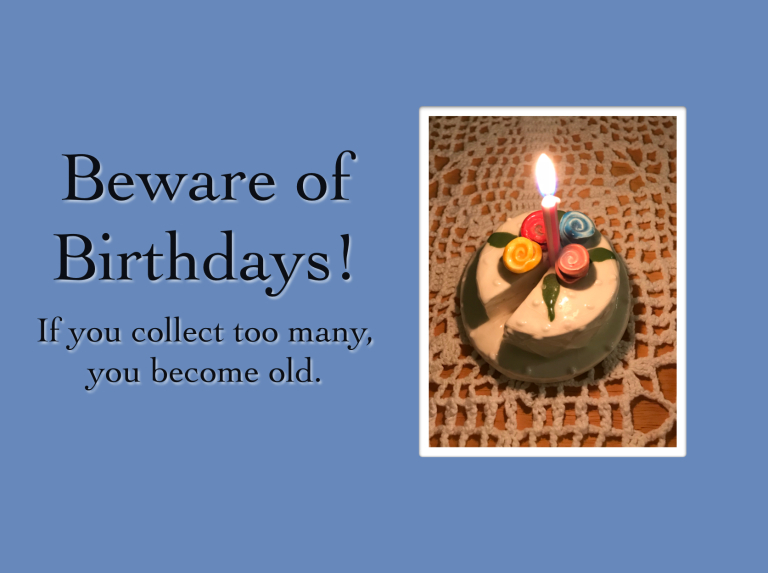
For the first time in a long time, I was the youngest person in the room. At age 56, this is an increasingly rare occurrence. The event that placed me in this odd situation was the first meeting I attended for the Retired Public Employees of Nevada (RPEN). This is my new retirement union, so it was no surprise that at 56 I was the youngest attendee.
Most of us have been guilty of undervaluing, disrespecting, and marginalizing the elder members of our community at sometime in our lives via rude and hurtful comments, outright discrimination, and/or deliberate marginalization. I grew up in the 1970s by the retirement community Leisure World in southern Orange County, which my high school peers nicknamed “Seizure World.” Randomly, my cousin and his wife moved to Leisure World within a year of meeting the minimum age requirement of 55. They jokingly rationalized the move, citing that it would prevent their adult children from moving back home with them. Even now, I am guilty of savagely profiling that ever-decreasing population of people older than myself. Currently, I live less than a mile from the retirement community of Sun City in Las Vegas. When a slow or otherwise poor driver is in my neighborhood, as a reaction I assume that they will be turning off on Del Webb Boulevard, the entrance to Sun City, when in reality it is usually a young or middle age driver illegally engaged with their cell phone.
I recently read the November 20, 2017, article in the New Yorker by Tad Friend, “Why Ageism Never Gets Old.” Friend notes that ageism – especially toward women – has been an ongoing drama in Hollywood, but as the article points out, Silicon Valley is an even worse offender, where the old adage – “don’t trust anyone over 30” – painfully holds true. The article references Vinod Khosla, a venture capitalist who stated, “people over forty-five basically die in terms of new ideas,” to which I say, “Bullshit.” But this is what we are up against. What ever happened to respecting our elders or at least valuing their contribution?
Devaluation in the workplace is a huge issue, especially in a time when people are expected to delay retirement by working through their sixties. While some of us have jobs and careers that support this new normal, for most of us it is unreasonable and frankly impossible. People with physically demanding jobs have often destroyed their bodies by their mid-forties. In other occupations, management is eager to ditch older, higher paid employees for those who are just starting out. I have seen this situation in my previous workplace, where older teachers – whose salaries are double that of newer teachers – get reassigned to less desirable positions in an effort to encourage them to take an earlier retirement than they had planned. BAM!
Even when you don’t feel particularly old, you have been profiled. My first ageism slap came when I changed teaching positions – leaving a tech-based magnet school for an inner city high school. I went from a position where I had garnered respect from both students and colleagues to a place where I was just an old white lady. It hurt, and it was hard to reestablish myself. Months later, I found myself back on stable ground, but it took patience and perseverance. I had to prove my professional competence and my commitment to my new community of learners. The experience left its mark. I was battle-scarred, but not broken.
On a daily basis, countless individuals are subjected to racism. I have personally experienced antisemitism and sexism. And many of us currently feel like we are living in an era of anti-intellectualism. What we all have in common is a current or impending battle against ageism. It is a guaranteed experience for all of us who pass their 50th birthday, and in some professions it reveals itself even earlier. In the end, it is a status we must all endure.
Share this:





